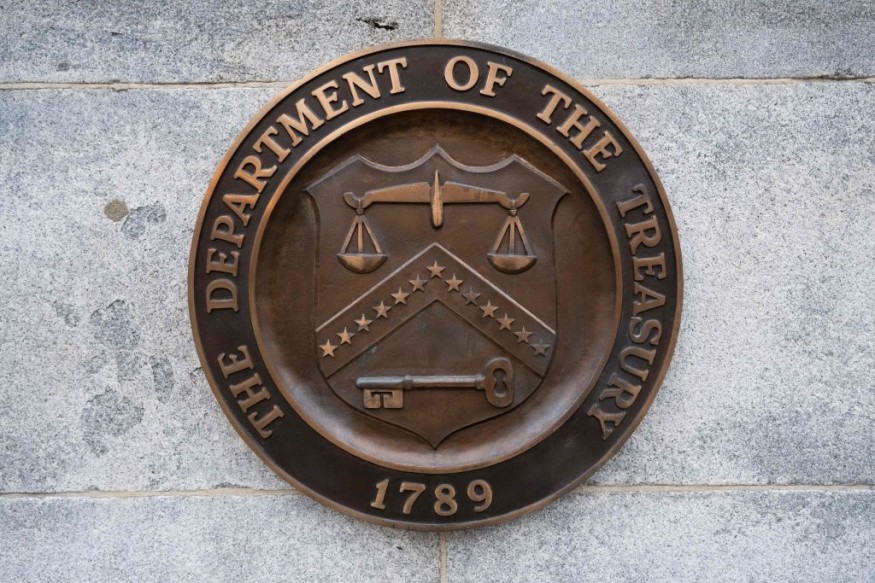US Debt Default: What It Means and When It Can Happen

US debt default could be as early as June 1, if legislators fail to raise or suspend the nation's borrowing authority before then, according to Treasury Secretary Janet Yellen.
Yellen notified Congress about the possible US financial crisis in a letter, wherein she urged congressional leaders to "protect full faith and credit of the United States" through immediate action, as reported by Associated Press News.
Yellen said it would be impossible to predict when the certain date will be when the US runs out of cash.
There is also greater risk of the US running out of cash in early June, according to a Congressional Budget Office report.
CBO Director Phillip L. Swagel said that Treasury's "extraordinary measures will be exhausted sooner" than they previously projected.
It was due to the less-than-expected tax receipts this filing season, with a faster IRS having processed the received returns.
There are plans to increase borrowing during the April to June quarter despite the federal government closing to its debt limit.
US Debt Default Impacts
CNN noted that a debt default does not mean all payments would stop. However, it will entirely depend on how long before there would be a response to the debt ceiling.
Shai Akabas, director of economic policy at the Bipartisan Policy Center, noted that tens of millions of people across the country who expect payments from the federal government may not receive them on time.
In addition, US debt default could also affect Social Security payments. In a debt default situation, Social Security payments could be delayed.
Akabas said that it could be possible that the Treasury could continue making on-time payments through a trust fund.
U.S. investments would also take a direct hit. Stocks could shed as much as a third of their value even if the debt ceiling impasse is resolved soon after the debt default.
A debt default could also trigger an economic downturn, which could lead to a spike in unemployment.
Around one million jobs would be lost, including in the financial sector, if the US debt default persists for a week.
If it drags on for six weeks, more than seven million jobs would be lost, with the unemployment rate soaring above eight percent.
US Financial Crisis
Yellen wrote to legislators that they have learned from previous debt limit impasses that there could be serious harm to businesses and consumer confidence when it comes to "waiting until last minute" to address the matter.
Rachel Snyderman earlier told ABC News that the "clock is ticking" for them. He is a senior associate director of Bipartisan Policy Center for economic policy.
Snyderman made the comment referring to House having 12 legislative days left in May while being in recess this current week.
House Republicans previously argued that they will not raise the limit further without Democrats compromising on spending and the federal government's budget.
U.S. President Joe Biden declined and said it should be raised "without strings attached."
The US financial crisis occurred in the years 2007 and 2008, with home prices having already fallen in early 206.
Two big hedge funds failed in June 20017 and were weighed down by investments in subprime loans
It started with cheap credit and lax lending standards that triggered a housing bubble, which was then followed by "The Great Recession."
This article is owned by Latin Post.
Written by: Mary Webber
WATCH: U.S. Could Default on its debt by June 1 - from CBS Sacramento
Subscribe to Latin Post!
Sign up for our free newsletter for the Latest coverage!
© 2026 Latin Post. All rights reserved. Do not reproduce without permission.












